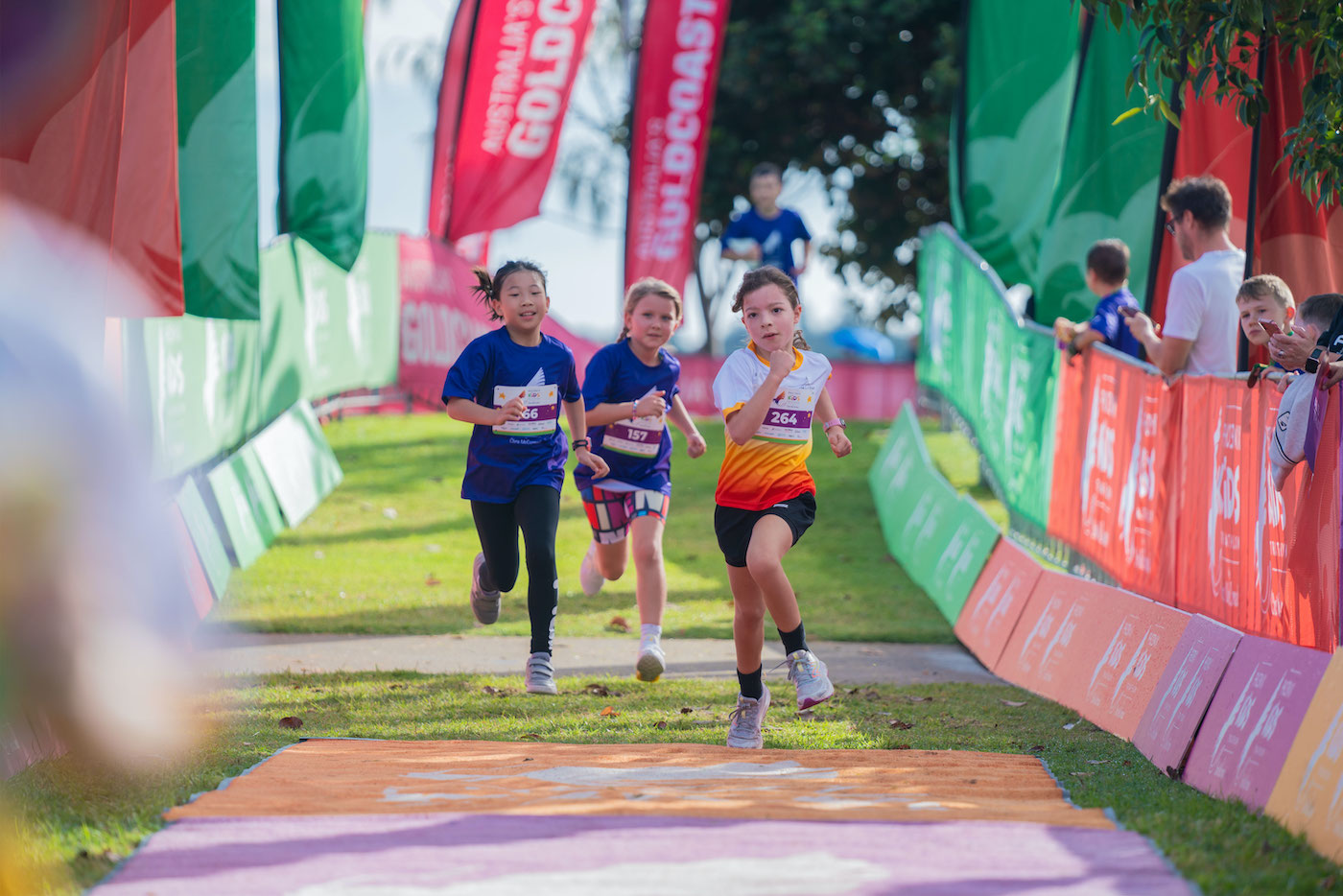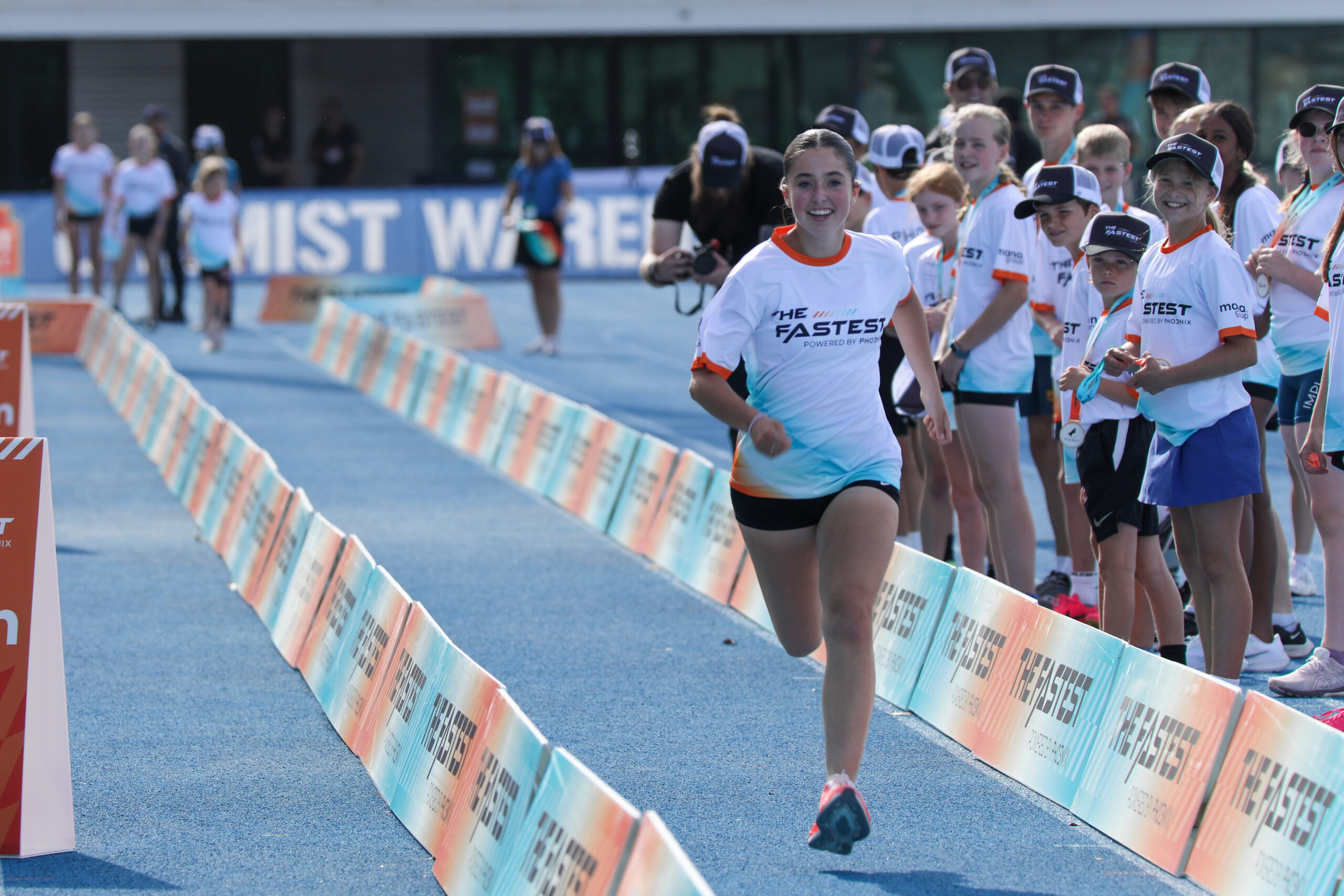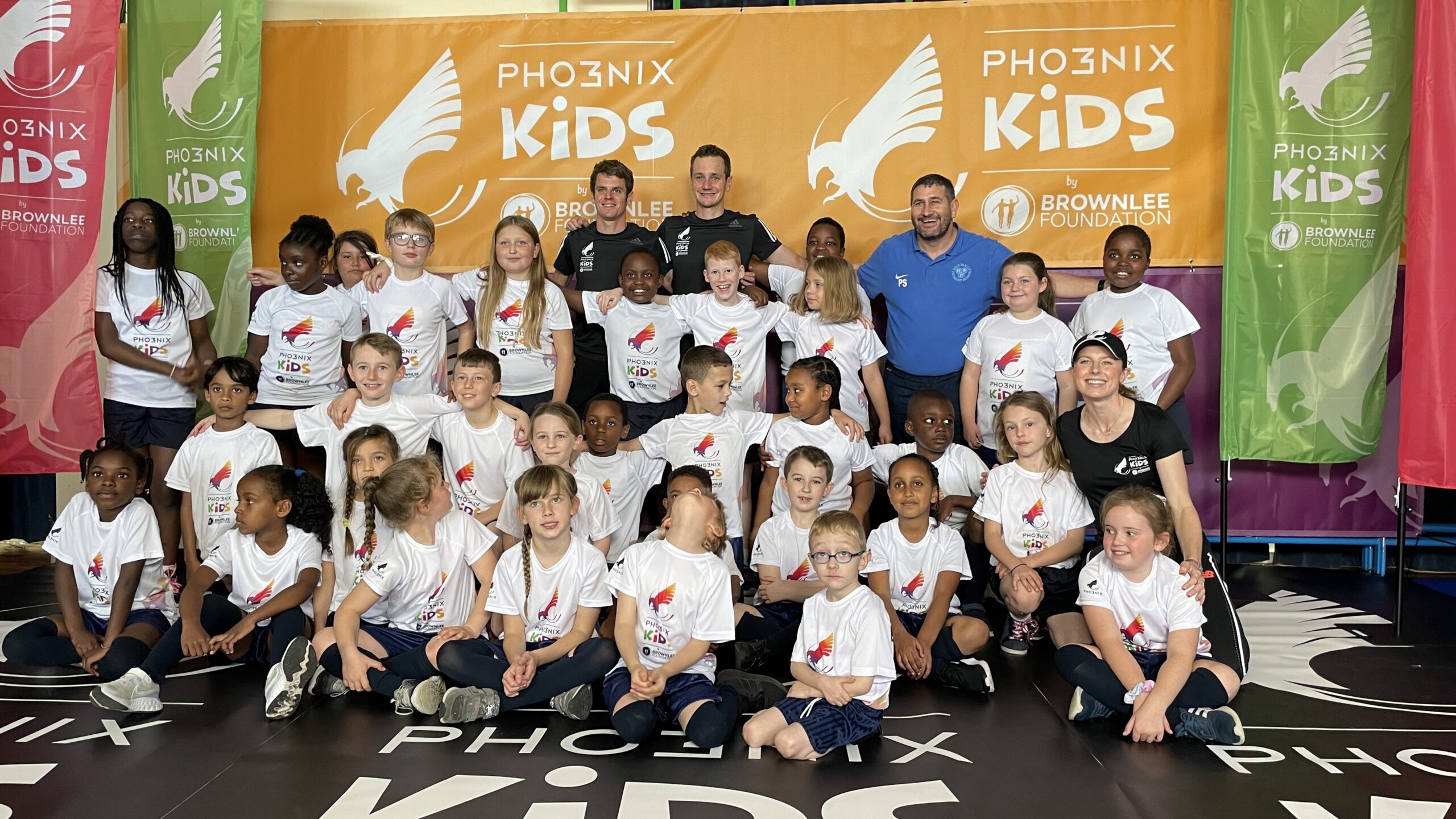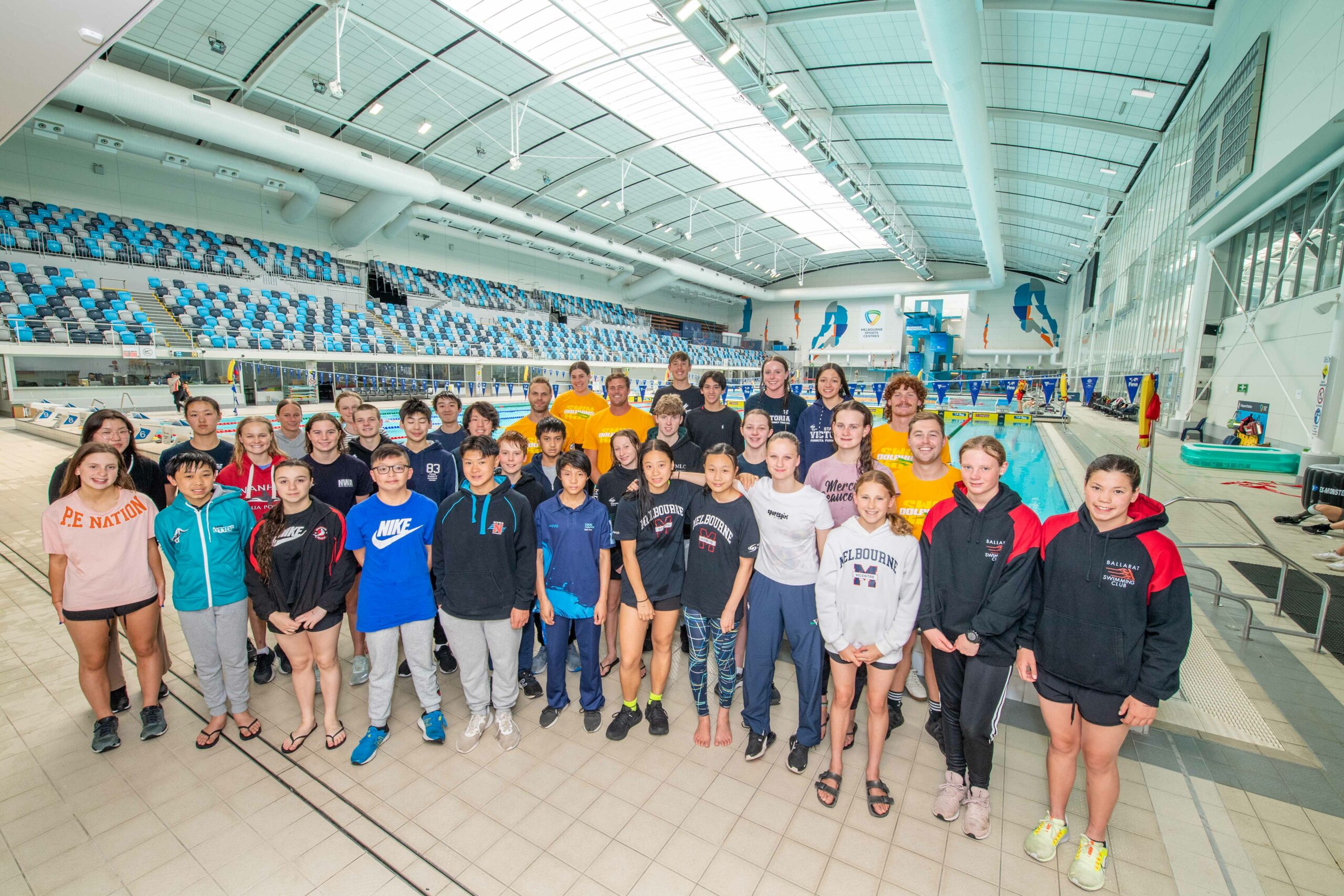Gaspar Riveros (CHI), Felix Duchampt (ROU), and Ognjen Stojanovic (SRB) have been enrolled into the Pho3nix Foundation’s Athlete Program, which aims to assist underfunded Olympic athletes from any nation in any individual Olympic sport to compete at their best on the world’s biggest stage and inspire their communities.
Due to the one-year postponement of the Tokyo Olympics, many athletes were left in limbo. Those from nations where their chosen sport was not as well-known or supported felt even greater disadvantage. Even as funding began to run dry because most financial support would have been budgeted only until 2020, they needed to continue training through the delay as well as find the financial means to do so. For triathlon where the resumption of the qualification period has been further postponed from March to May, the uncertainty of whether or not an athlete has booked their spot on the starting pontoon has only added to this burden.
The Pho3nix Foundation’s pledge of 8,000 Euros to use in paying for travel, training, and equipment has lightened the load for these three triathletes, who number among the 29 athletes across 17 different sports selected for the first intake into the Program.
Common among the three is a hope that going to the Olympics will raise the profile of triathlon in their respective countries, paving the way for the next generation to get involved in the sport and pursue their dreams. This is precisely what the Pho3nix Foundation stands for: to help children around the world engage in sport and give young sport champions a chance to develop professionally.
GASPAR RIVEROS
After breaking his scapula in a serious bicycle crash, six-time Continental Cup podium finisher Gaspar Riveros had given up on Tokyo qualification and started to make plans instead for the Pan-American Games in 2023 and the Paris Olympic Games in 2024. Tokyo’s postponement breathed new life into his bid, but also presented financial challenges.
“As you know, Chile is a development country in triathlon,” he says. “Most of the time the federation helps us for a few trips where we have a chance to qualify for the Olympics. Otherwise we don’t have any support and we have to find our own support.”
Recently relocated to Switzerland to be closer to his girlfriend, Riveros had been working part-time making deliveries while trying to train full-time. With the support the Pho3nix Foundation has given him, he plans to train in Chile through its summer, then take his Chilean coach along with him as he attends training camps and races in Asia in the lead up to Tokyo.
While his sister Barbara is a three-time Olympian in triathlon and has helped to grow the sport in Chile, he wants to make his own mark and inspire more children to take on triathlon and get the support they need if they want to go professional.
FELIX DUCHAMPT
A dual citizen of France and Romania, Felix DuChampt chose to represent Romania and help elevate the sport in the country whose triathlon federation formally started only three Olympic cycles ago.
He reveals, “It’s always a struggle when you want to race internationally and travel and to go to training camps, to find the money to actually go outside of the country.” DuChampt has gone into debt to finance his travel and training and has no formal coach. While training in the summer is good in northern parts of Romania like Transylvania, winters are cold and harsh. Bucharest in the south has milder weather but plenty of dangerous traffic and poor roads.
With the support from the Pho3nix Foundation, he can now travel for better training conditions.
“That would really help me organise myself and prepare myself the best way I can. That would allow me to work somewhere warmer, maybe somewhere in altitude and I would also try to train in the heat and humidity because it’s an environment that’s really different for me. I’m actually not too bad in the heat and humidity because I’m really small and light; I don’t really like that type of weather but somehow it’s always worked out pretty well. But I think some adaptations are needed to be at my best shape in Tokyo.”
Getting to Tokyo is a dream he shared with his mentor, the late Peter Klosz, president of the Romanian Triathlon Federation. DuChampt is convinced many Romanians can be competitive in triathlon; the question is making the sport more known and increase support for it. He shares, “I really want the young people in the future in Romania to have all the resources to be professional and be good triathletes. I know there are some young people really motivated and I would like them to get more help than I did.”
OGNJEN STOJANOVIC
The 10-time Balkan champion’s road to the Olympics has been arduous. Ognjen Stojanovic began swimming at the age of five as part of conditioning after surgery for Legg-Calvè-Perthes syndrome, which causes pain, loss of range of motion, and difficulty in walking and running. After 10 years of competitive swimming, Stojanovic beat this prognosis and participated in his first triathlon, discovering his potential. He is now poised not only to be the first Serbian triathlete to compete at the Olympic Games, but the first from the Balkan peninsula to qualify.
“When I see the scars on my right leg (which happens every day) it always reminds me that with willpower and discipline it’s possible to defy the odds,” he says.
Stojanovic is currently ranked second in the European Triathlon Union’s New Flag list. According to Olympic qualification standards, each continent has one reserved spot for their highest-ranked athlete who is not already qualified by being in the top 26 of the World Triathlon Individual Olympic Qualification Ranking. (Duchampt tops the list and is virtually qualified, but his spot could roll down to Stojanovic because he is also eligible for Olympic Qualification Ranking.)
Stojanovic wants to change the image of triathlon in Serbia, where a majority consider it a ‘sport of Western countries.’ Making the Olympics will be a significant step in this. He says, “In Serbia if you do something big, you get a lot of media exposure. Before Novak Djokovic, nobody was doing tennis, but after him everyone in the streets wanted to play tennis.”
The Pho3nix Foundation is a not-for-profit with the sole purpose of assisting and inspiring children through sport. It sponsors the Pho3nix Team, an international team of elite athletes who embody the ideals of the Pho3nix: triumph over failure through revitalisation, resilience, and passion, becoming a symbol of hope and strength.




